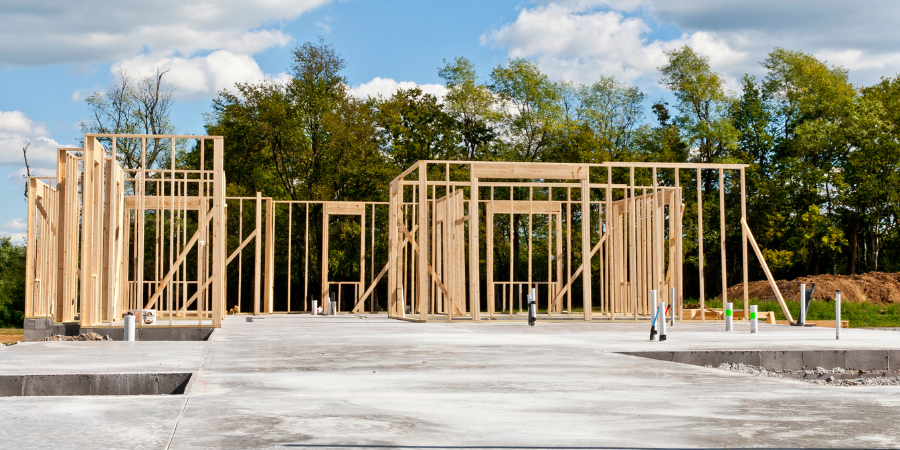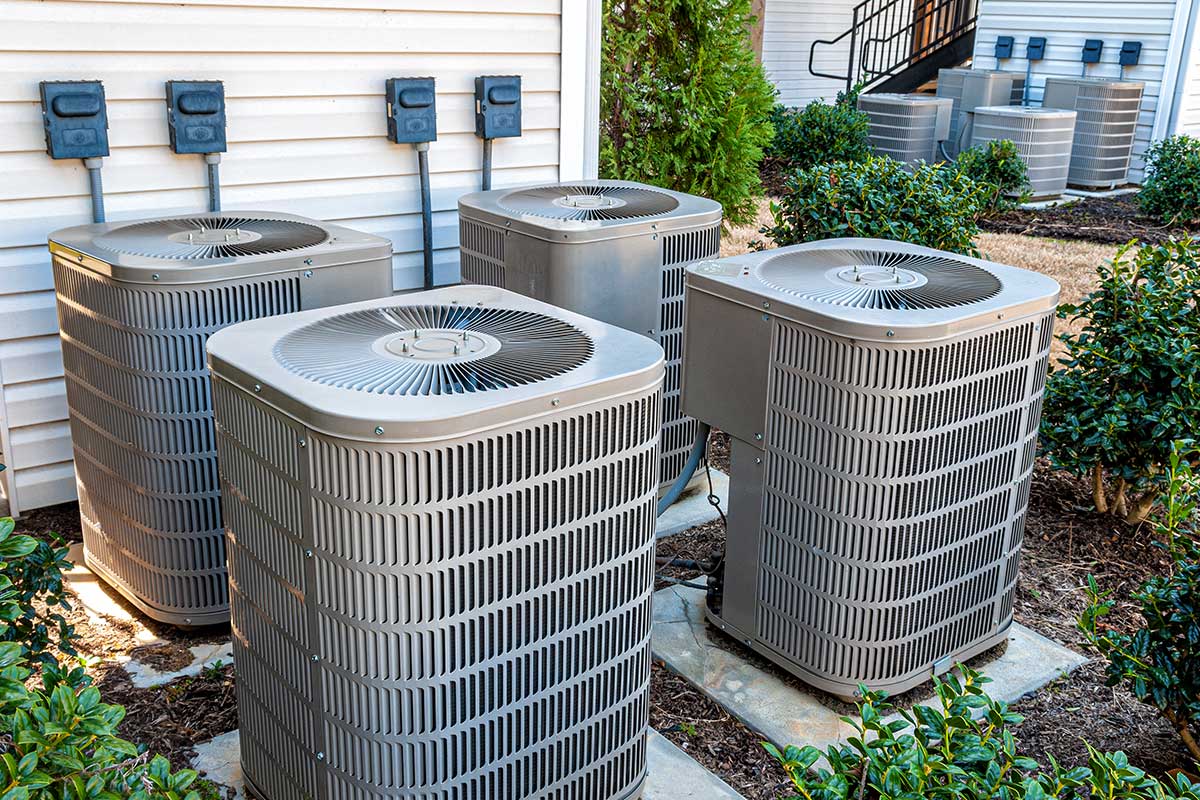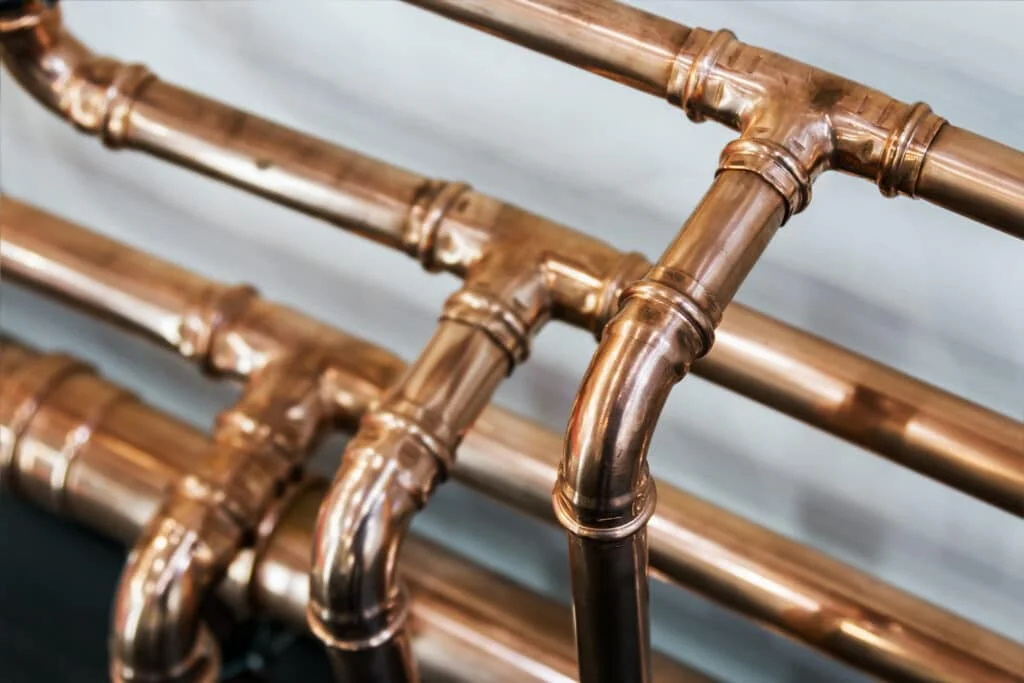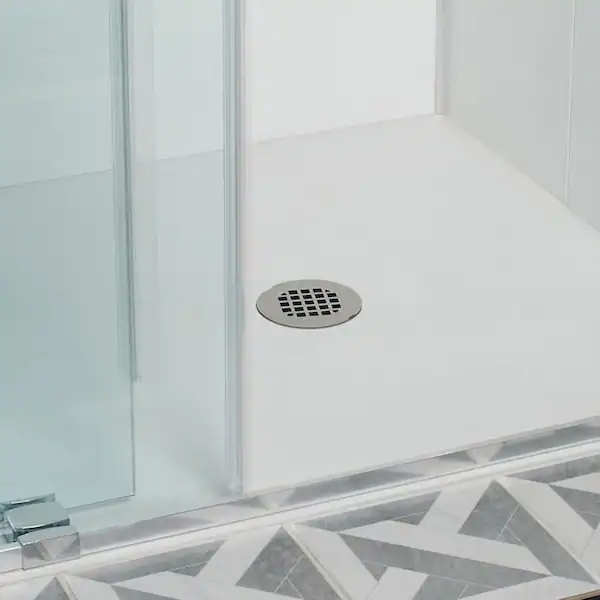
When you live in a house built on a concrete slab, it’s important to be aware of potential plumbing issues, especially when it comes to your water lines. Over time, these pipes can corrode, leak, or become damaged, requiring repiping to ensure a safe and efficient water supply. In this blog post, we’ll explore the process of repiping water lines in a house built on a concrete slab foundation, discuss the signs that indicate it’s time for repiping, and share some helpful tips for a successful project.
Signs It’s Time for Repiping
It’s crucial to recognize when it’s time to repipe your home. Here are some common signs that indicate the need for repiping:
- Frequent leaks or pipe bursts
- Rust-colored or discolored water
- Reduced water pressure
- Strange noises coming from your pipes
- An unexplained increase in water bills
Challenges of Repiping a House Built on a Concrete Slab
Repiping a house built on a concrete slab foundation can be more challenging than those built with crawlspaces or basements due to the following reasons:
- Limited access: Pipes are often embedded within the slab, making them harder to reach.
- Invasive process: Repiping may require cutting into the slab, which can be disruptive and costly.
- Increased labor and time: Accessing and replacing pipes in a slab foundation typically takes more time and manpower.
Choosing the Right Materials for Repiping
When repiping your home, it’s essential to choose the right materials for your water lines. Popular options include:
- PEX (cross-linked polyethylene): Flexible, durable, and resistant to corrosion and freezing, PEX is an increasingly popular choice for residential plumbing.
- Copper: A traditional option, copper pipes are durable and resistant to corrosion, but they can be more expensive than other materials.
- CPVC (chlorinated polyvinyl chloride): A cost-effective and corrosion-resistant alternative to copper, but it may be less durable than other materials.
The Repiping Process
The repiping process involves several steps:
- Inspection and planning: A professional plumber will assess your home’s plumbing system and determine the best approach for repiping.
- Accessing the pipes: Depending on the pipe location, this may involve cutting into walls, ceilings, or the concrete slab itself.
- Removing old pipes and installing new ones: The plumber will remove the damaged pipes and replace them with new materials, ensuring proper connections and fittings.
- Patching and restoration: After the repiping is complete, any cuts or openings made during the process will be patched and restored to their original condition.
4 Tips for a Successful Repiping Project
To ensure a successful repiping project, consider the following tips:
- Hire a reputable plumber: Choose a plumber with experience in repiping homes with slab foundations to ensure a smooth process.
- Obtain necessary permits: Check with your local building department to determine if permits are required for your project.
- Plan for disruptions: Repiping can be invasive, so prepare for temporary disruptions to your water supply and living spaces.
- Consider a pipe rerouting: If cutting into the slab is too costly or disruptive, ask your plumber about alternative solutions, such as rerouting pipes through walls or ceilings.
Looking For A Repiping Plumber In Lake Worth?
Repiping a house built on a concrete slab foundation can be a challenging but necessary project to ensure the longevity and safety of your plumbing system. By recognizing the signs that it’s time for repiping, choosing the right materials, and hiring a professional repiping plumber, you will be ahead of the game. We have been serving the repiping and pipe replacement needs of Palm Beach County residents for many years. Contact us today to explore your next repiping project!
continue reading
Related Posts
Spotting these common water heater problems early on can save you lots of money in costly repairs. If you are unsure if your water heater is at the end of it's lifespan, it's always best to call a professional plumber. This article will outline some early signs your water heater may need to be repaired or replaced.
Spotting these common water heater problems early on can save you lots of money in costly repairs. If you are unsure if your water heater is at the end of it's lifespan, it's always best to call a professional plumber. This article will outline some early signs your water heater may need to be repaired or replaced.
Spotting these common water heater problems early on can save you lots of money in costly repairs. If you are unsure if your water heater is at the end of it's lifespan, it's always best to call a professional plumber. This article will outline some early signs your water heater may need to be repaired or replaced.



